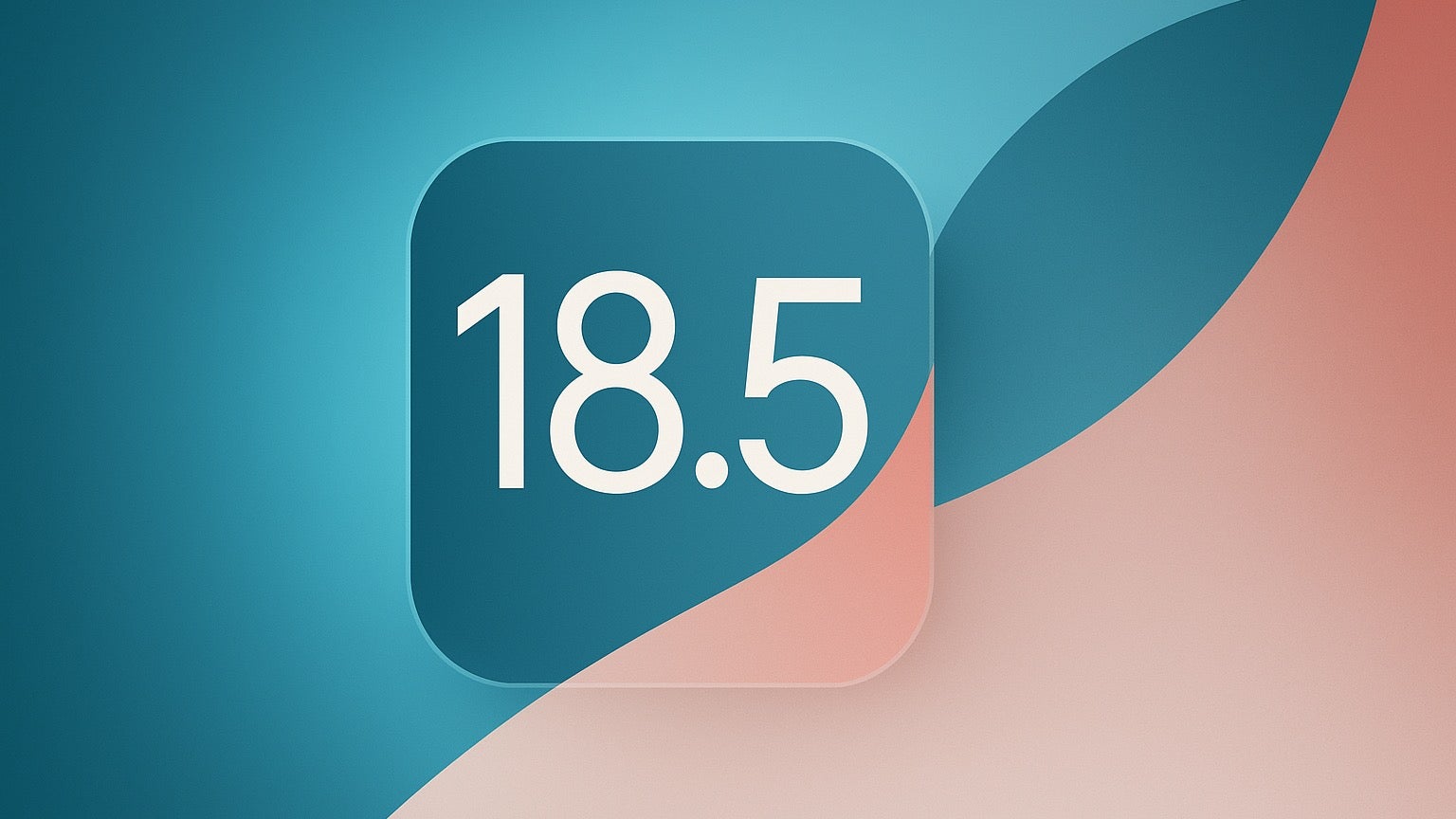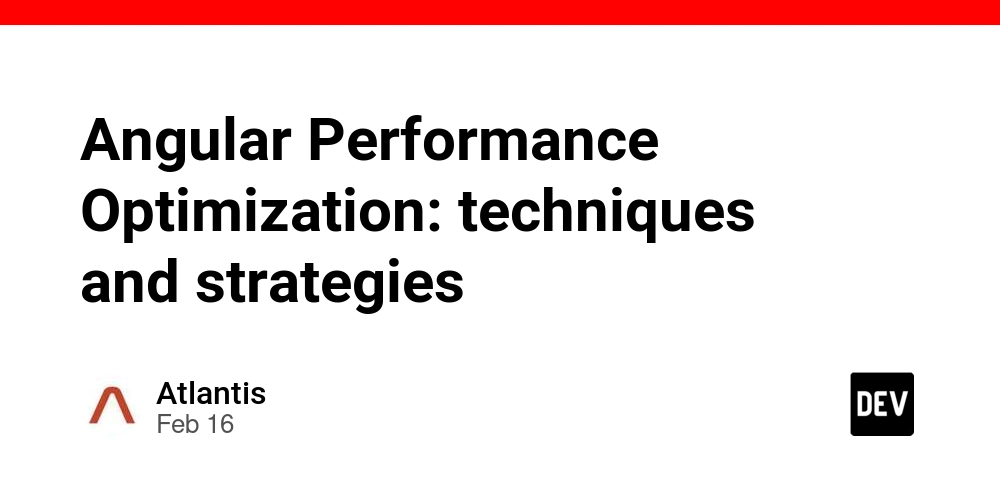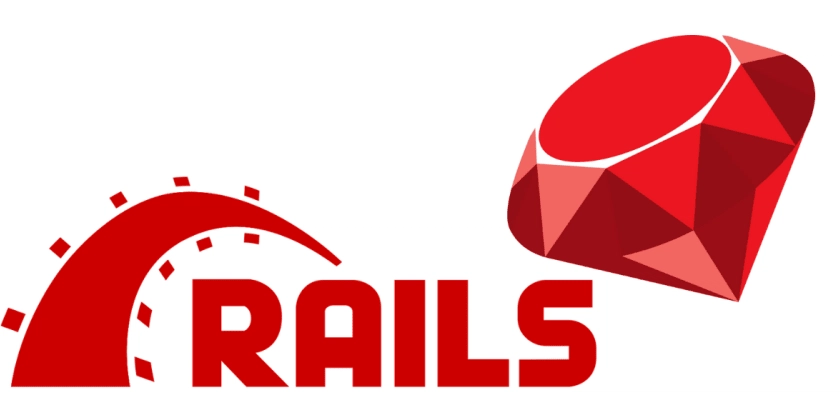Exploring GitHub Sponsors: Empowering Open Source Sustainability for Future Innovation
Abstract In this post, we explore GitHub Sponsors in depth, discussing how it supports open source sustainability. We cover its history, key features, practical use cases, and potential challenges. We also examine funding models, developer experiences, and future trends for open source projects. This guide is written in clear, concise language and enriched with tables, bullet points, and links to authoritative sources such as GitHub Sponsors, Patreon, and more. We also include insights from various Dev.to posts to broaden your perspective. Introduction GitHub Sponsors is an innovative initiative launched by GitHub in May 2019 with the goal of nurturing and financially supporting open source projects. As open source software becomes integral to our digital lives, funding strategies like this are essential. This post breaks down how GitHub Sponsors works and why it matters for developers, companies, and the entire open source ecosystem. By understanding GitHub Sponsors, readers can learn how to secure financial sustainability for their projects or support projects they believe in. We also add details from industry trends, developer experiences, and insights from other reputable sources. Background and Context Open source software powers a large part of global digital infrastructure. However, sustaining such projects can be challenging when developers are unpaid volunteers or dependent on minimal funding sources. Here, GitHub Sponsors is a game changer. The Evolution of Open Source Funding Traditionally, open source projects started with volunteer contributions. Over time, funding methods evolved to include donations, grants, and corporate sponsorships. With platforms such as Patreon leading the way in subscription-based support, GitHub Sponsors took this concept further by directly integrating funding into the developer ecosystem. Other initiatives have emerged to foster community support, including crowdfunding platforms and specialized sponsorship programs. Recent developments have even integrated blockchain and decentralized finance concepts to secure transparent funding flows. For example, many experts now compare GitHub Sponsors with emerging blockchain-based funding models, discussing sustainability here. Important Terms Open Source: Software for which the original source code is made freely available and may be redistributed and modified. Sustainability: The ability of a project to continue evolving without financial hardship. Sponsorship: A method of providing recurring financial support to developers and projects. Tiered Rewards: Different sponsorship levels with varied benefits for the sponsor. Core Concepts and Features GitHub Sponsors offers several key features that make it a powerful tool for sustainable open source development. How GitHub Sponsors Work Application Process: Developers must apply to join GitHub Sponsors. They submit details about their projects and contributions. More information on eligibility is explained on pages such as how to become a sponsored developer. Profile Customization and Sponsorship Tiers: Once approved, developers can create a profile that shows their open source contributions and set up multiple sponsorship tiers. These tiers allow for different reward levels, ranging from simple thank-you notes to exclusive project updates or features. Financial Transactions: When a sponsor commits to a monthly payment via GitHub Sponsors, the platform handles the transactions, often waiving fees for developers during their first year. This seamless payment process is one of the biggest draws for both developers and sponsors. Community Engagement: The platform fosters a community around projects. Sponsors can gain visibility on developer profiles, and companies using open source tools can also contribute financially. Key Features Table Feature Description Benefit Developer Application Simple sign-up procedure for eligible open source contributors. Easy onboarding for deserving projects. Tiered Sponsorship Levels Developers can set multiple funding tiers with different rewards. Customized rewards encourage diverse sponsorships. Integrated Payments Automated and fee-reduced financial transactions through GitHub. Simplifies recurring support. Global Support GitHub is expanding regional coverage to include more countries. Inclusivity for international developers. Community Recognition Sponsor names appear on developer profiles with visible acknowledgments. Enhances community engagement and visibility. Security and Transparency GitHub Sponsors leverages industry-standard payment protocols and offers transparency in transactions. By linking financial contributions directly to developer profiles, the system ensures accountability and reward continuity. Applications and Use Cases GitHub Sponsors creates opportunities across variou
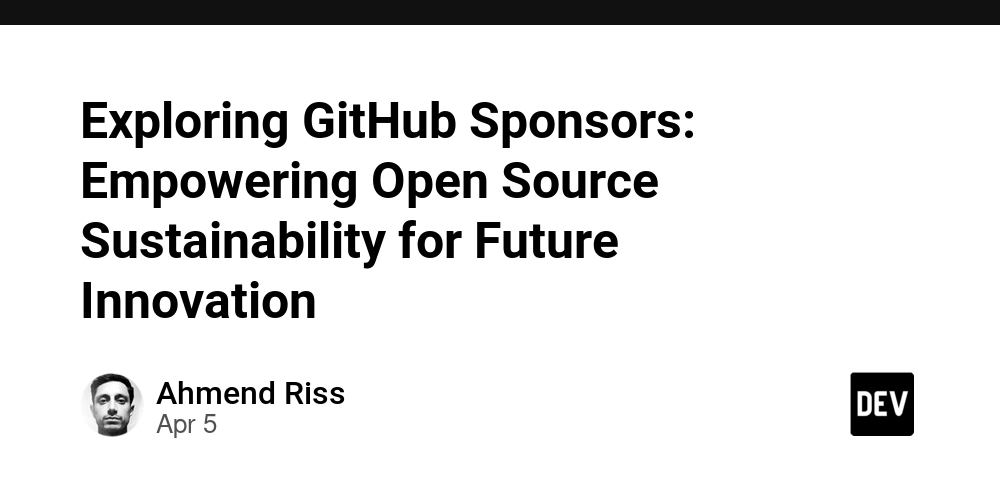
Abstract
In this post, we explore GitHub Sponsors in depth, discussing how it supports open source sustainability. We cover its history, key features, practical use cases, and potential challenges. We also examine funding models, developer experiences, and future trends for open source projects. This guide is written in clear, concise language and enriched with tables, bullet points, and links to authoritative sources such as GitHub Sponsors, Patreon, and more. We also include insights from various Dev.to posts to broaden your perspective.
Introduction
GitHub Sponsors is an innovative initiative launched by GitHub in May 2019 with the goal of nurturing and financially supporting open source projects. As open source software becomes integral to our digital lives, funding strategies like this are essential. This post breaks down how GitHub Sponsors works and why it matters for developers, companies, and the entire open source ecosystem.
By understanding GitHub Sponsors, readers can learn how to secure financial sustainability for their projects or support projects they believe in. We also add details from industry trends, developer experiences, and insights from other reputable sources.
Background and Context
Open source software powers a large part of global digital infrastructure. However, sustaining such projects can be challenging when developers are unpaid volunteers or dependent on minimal funding sources. Here, GitHub Sponsors is a game changer.
The Evolution of Open Source Funding
Traditionally, open source projects started with volunteer contributions. Over time, funding methods evolved to include donations, grants, and corporate sponsorships. With platforms such as Patreon leading the way in subscription-based support, GitHub Sponsors took this concept further by directly integrating funding into the developer ecosystem.
Other initiatives have emerged to foster community support, including crowdfunding platforms and specialized sponsorship programs. Recent developments have even integrated blockchain and decentralized finance concepts to secure transparent funding flows. For example, many experts now compare GitHub Sponsors with emerging blockchain-based funding models, discussing sustainability here.
Important Terms
- Open Source: Software for which the original source code is made freely available and may be redistributed and modified.
- Sustainability: The ability of a project to continue evolving without financial hardship.
- Sponsorship: A method of providing recurring financial support to developers and projects.
- Tiered Rewards: Different sponsorship levels with varied benefits for the sponsor.
Core Concepts and Features
GitHub Sponsors offers several key features that make it a powerful tool for sustainable open source development.
How GitHub Sponsors Work
Application Process: Developers must apply to join GitHub Sponsors. They submit details about their projects and contributions. More information on eligibility is explained on pages such as how to become a sponsored developer.
Profile Customization and Sponsorship Tiers:
Once approved, developers can create a profile that shows their open source contributions and set up multiple sponsorship tiers. These tiers allow for different reward levels, ranging from simple thank-you notes to exclusive project updates or features.Financial Transactions:
When a sponsor commits to a monthly payment via GitHub Sponsors, the platform handles the transactions, often waiving fees for developers during their first year. This seamless payment process is one of the biggest draws for both developers and sponsors.Community Engagement:
The platform fosters a community around projects. Sponsors can gain visibility on developer profiles, and companies using open source tools can also contribute financially.
Key Features Table
| Feature | Description | Benefit |
|---|---|---|
| Developer Application | Simple sign-up procedure for eligible open source contributors. | Easy onboarding for deserving projects. |
| Tiered Sponsorship Levels | Developers can set multiple funding tiers with different rewards. | Customized rewards encourage diverse sponsorships. |
| Integrated Payments | Automated and fee-reduced financial transactions through GitHub. | Simplifies recurring support. |
| Global Support | GitHub is expanding regional coverage to include more countries. | Inclusivity for international developers. |
| Community Recognition | Sponsor names appear on developer profiles with visible acknowledgments. | Enhances community engagement and visibility. |
Security and Transparency
GitHub Sponsors leverages industry-standard payment protocols and offers transparency in transactions. By linking financial contributions directly to developer profiles, the system ensures accountability and reward continuity.
Applications and Use Cases
GitHub Sponsors creates opportunities across various scenarios. Here are a few practical examples:
For Individual Developers
Building Reputation:
A solo developer maintaining a popular library can gain recognition and build credibility while receiving a steady income. This enables them to focus on long-term project improvements rather than fighting for basic survival.Encouraging New Contributors:
Projects that receive sponsorship can demonstrate stability and invite more community contributions. By posting regular updates and engaging with sponsors, developers can create a loyal following that fosters technical innovation.
For Organizations and Companies
Corporate Sponsorships:
Companies that heavily rely on open source tools can contribute to the initiatives they depend on. For instance, a tech company might sponsor critical infrastructure projects through GitHub Sponsors, ensuring they receive timely updates and dedicated support.Crowdsourced Innovation:
With the help of sponsorship funding, larger projects can experiment with new features and scalability solutions. This can drive industry standards and create competitive advantages in technology.
For the Open Source Ecosystem
Sustainable Funding Models:
GitHub Sponsors helps transform the traditional open source funding model by ensuring that developers can work on projects without relying solely on sporadic donations. This fosters a collaborative environment where innovation thrives.Encouraging Diversity:
With global support and inclusive eligibility criteria, the program helps underrepresented regions gain access to funding. More countries joining the supported list (check eligibility) enhance global technological collaboration.
Related Practical Examples
Example 1:
A developer maintaining a popular API library sets up three sponsorship tiers—$5, $10, and $25 per month. Each tier includes exclusive access to behind-the-scenes streams or Q&A sessions. Over time, the funds help them to hire additional help and scale the project effectively.Example 2:
An organization using a critical open source database sponsors the project to ensure it remains updated and secure. This investment later saves the company substantial costs in system downtime and support fees.
Challenges and Limitations
While GitHub Sponsors offers promising benefits, it has challenges that need addressing.
Technical and Financial Challenges
- Equity Issues: Not all projects receive equal attention. Smaller projects may struggle to attract sponsors compared to well-known repositories.
- Dependence on Sustained Contributions: Relying wholly on sponsorships can be risky. If sponsors withdraw support or funding levels drop, the project may face instability.
- Limited Regional Support: Although GitHub is working on global inclusion, the current list of supported countries may limit some developers.
Adoption and Community Challenges
- Visibility: Developers must actively promote their GitHub Sponsors profile. Best practices include social media campaigns and regular community updates. Check out how to promote your GitHub Sponsors profile for effective strategies.
- Reward Management: Setting up tiered sponsorships requires thoughtful planning to balance rewards and administrative workload.
Developer and Sponsor Concerns
- Tax Implications: Developers should safeguard themselves with proper financial planning and understand tax considerations related to recurring sponsorship payments.
- Community Dynamics: Sponsors expect regular communication and tangible rewards. Failure to meet expectations can lead to reduced sponsorship levels.
Bullet List: Key Challenges
- Visibility and Promotion: Low-profile projects may struggle for traction.
- Regional Limitations: Not all developers in emerging markets can access the benefits.
- Financial Risks: Over-reliance on a few sponsors may jeopardize project sustainability.
- Administrative Overhead: Reward management and communication require consistent effort.
Future Outlook and Innovations
GitHub Sponsors is still evolving. Experts and developers share exciting predictions about its future.
Trends in Open Source Funding
- Integrating Decentralized Finance (DeFi): Blockchain and DeFi models may further democratize funding. Studies discuss how innovative funding models, including open-source funding with blockchain, are revolutionizing the space.
- Enhanced Developer Compensation Models: Additional layers of compensation, such as one-time grants or milestone-based rewards, could emerge.
- Expansion to New Regions: By extending eligibility to more countries, GitHub Sponsors can foster a truly global community.
Innovations on the Horizon
- Smart Contract Integration: There is potential to integrate smart contracts to automate reward distribution and ensure transparency.
- Hybrid Funding Platforms: Combining traditional sponsorships with tokenized funding models could reduce financial risks while ensuring smoother transactions.
- Cross-Platform Collaborations: Initiatives could emerge that link GitHub Sponsors with other funding platforms (like Patreon) and blockchain funding portals.
Insights from the Developer Community
Developers have shared their thoughts on platforms such as GitHub Sponsors on popular sites. For instance:
- Safeguarding the Blockchain: The Future of Digital Asset Security discusses how secure financial models can support innovation in open source.
- Art Blocks and the Future of Open Source with Blockchain explores the integration of creative projects with digital funding platforms.
- Supporting Open Source Developers: A Financial Perspective highlights the benefits and challenges that come with sponsorship and recurring contributions.
These resources offer practical insights that bolster the conversation around funding and innovation for open source communities.
Summary
GitHub Sponsors is a transformative initiative that addresses a critical need in the open source ecosystem. It:
- Provides a structured way for developers to gain sustainable funding.
- Encourages community engagement and timely project updates.
- Supports both individual developers and organizations through tiered rewards and transparency.
Despite challenges such as limited regional support and administrative overhead, the platform is evolving. With the potential to incorporate decentralized finance technologies and smart contracts, GitHub Sponsors may pave the way for more robust funding models that ensure long-term project viability.
Additional Recommendations
For developers and sponsors looking to maximize their impact, consider the following best practices:
Clear Communication:
Keep your sponsors updated with progress reports, roadmaps, and milestones.Engaging Content:
Use social media, technical blogs, and community forums to raise awareness about your project.Reward Innovation:
Create a mix of tangible and intangible rewards for different sponsorship tiers to attract a diverse group of supporters.Explore Additional Funding Channels:
While GitHub Sponsors is robust, also consider alternative channels such as Patreon and other crowdfunding platforms. This multi-channel approach can mitigate financial risks.
Quick Reference Bullet List:
- Application Process: Apply and set up a sponsorship profile.
- Tier Management: Design multiple reward tiers.
- Promotion: Actively engage your audience.
- Global Outreach: Expand your reach by exploring regional support.
Conclusion
GitHub Sponsors stands as a beacon for a sustainable open source future. By merging direct financial support with community engagement, the platform empowers developers to focus on innovation rather than financial survival. Whether you are an established developer or an aspiring contributor, GitHub Sponsors provides a pathway to unlock the true potential of open source software.
For more detailed information on the workings of GitHub Sponsors, you can refer to the Original Article and additional resources like sustainable funding for open source.
Embracing this model can help create a thriving, globally inclusive ecosystem. Open source remains at the heart of technology—its growth and sustainability depend on innovative funding models and active community participation.
Explore GitHub Sponsors today. Take advantage of platforms like GitHub Sponsors and watch as your open source projects evolve under the support of a vibrant, engaged community.
By integrating insights from trusted sources and community discussions, we can reshape the future of open source funding and maintain a vibrant ecosystem where innovation flourishes.










































































































































































![[The AI Show Episode 142]: ChatGPT’s New Image Generator, Studio Ghibli Craze and Backlash, Gemini 2.5, OpenAI Academy, 4o Updates, Vibe Marketing & xAI Acquires X](https://www.marketingaiinstitute.com/hubfs/ep%20142%20cover.png)














































































































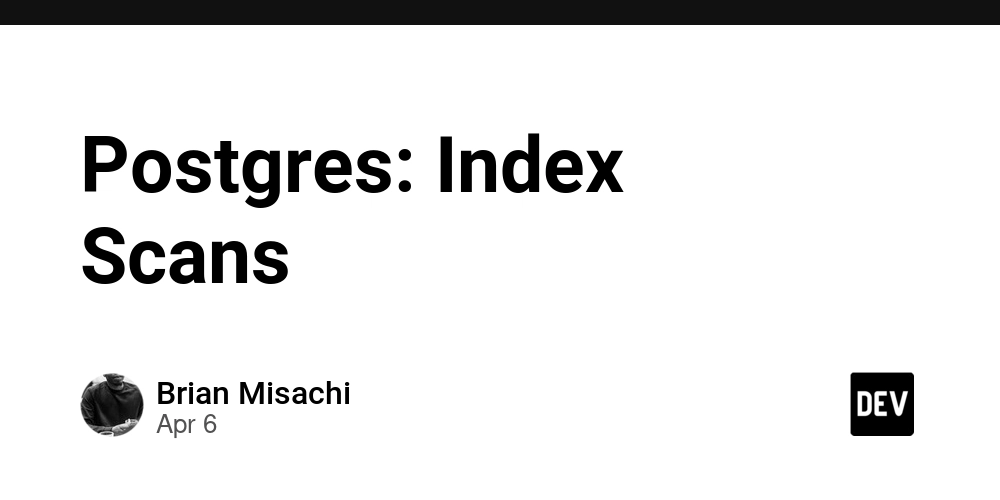

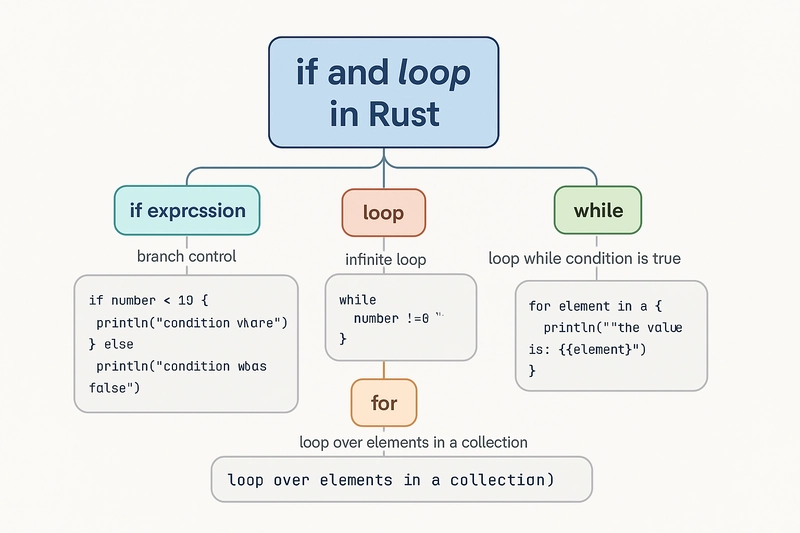









![[DEALS] The Premium Learn to Code Certification Bundle (97% off) & Other Deals Up To 98% Off – Offers End Soon!](https://www.javacodegeeks.com/wp-content/uploads/2012/12/jcg-logo.jpg)


![From drop-out to software architect with Jason Lengstorf [Podcast #167]](https://cdn.hashnode.com/res/hashnode/image/upload/v1743796461357/f3d19cd7-e6f5-4d7c-8bfc-eb974bc8da68.png?#)








































































































.png?#)


































_Christophe_Coat_Alamy.jpg?#)
 (1).webp?#)






































































































![iPhone 17 Pro Won't Feature Two-Toned Back [Gurman]](https://www.iclarified.com/images/news/96944/96944/96944-640.jpg)
![Tariffs Threaten Apple's $999 iPhone Price Point in the U.S. [Gurman]](https://www.iclarified.com/images/news/96943/96943/96943-640.jpg)




















































